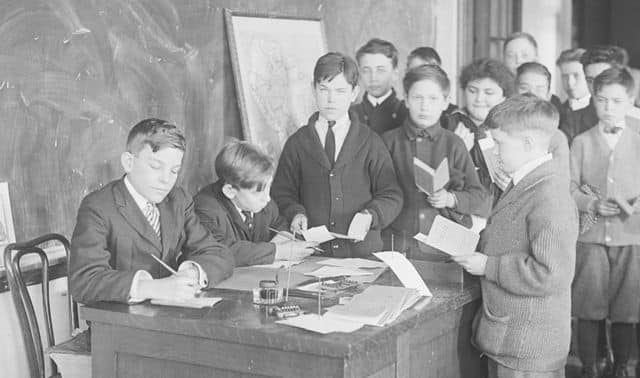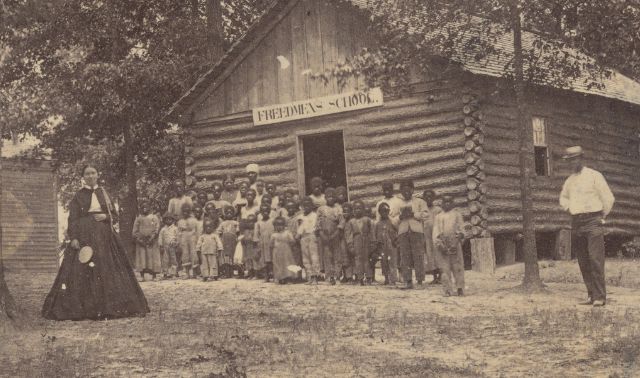Sign up for the Family Tree Newsletter! Plus, you’ll receive our 10 Essential Genealogy Research Forms PDF as a special thank you.
Get Your Free Genealogy Forms
"*" indicates required fields
A We asked Christine Crawford-Oppenheimer, author of Long-Distance Genealogy (Betterway Books, out of print), to weigh in on this question:
Your grandparents didn’t necessarily have one will in common. While that’s possible, a will is usually made for one person. In pre-feminist days, any land probably would’ve been in your grandfather’s name, so he might’ve been the only one with a will—but your grandmother might’ve had a separate will. It’s also possible neither had a will.
Your ancestor’s will would be in his estate file. An estate file might exist even if neither ancestor left a will. They’re often more interesting without a will, because they could include papers listing names and relationships, filed to prove the heirs’ identities.
Estate files may contain many types of documents other than wills, including:
- letters of administration
- list of the deceased’s heirs, including their relationship
- list of who bought what at the estate sale
- final account of the estate (who got how much money), which can help you deduce relationships from the differing amounts each person received
- petitions, which may state the relationship of heirs to the deceased
Check for an estate file for each ancestor. If a female ancestor remarried, look for her under her the last surname she used.
To locate estate files, write to the probate court in the county where the ancestor resided at death. Give the name and death date of the ancestor, and ask for photocopies of the estate papers for that person.
Several books list addresses for probate courts, including:
- The Family Tree Sourcebook for Genealogists edited by Sharon DeBartolo Carmack and Erin Nevius (Family Tree Books, $29.99)
- The Handy Book for Genealogists, 11th edition (Everton Publishers, $50)
- Red Book: American State, County and Town Sources edited by Alice Eichholz (Ancestry, $49.95)
You’ll find more on researching wills in the September 2008 Family Tree Magazine, on newsstands in July.



